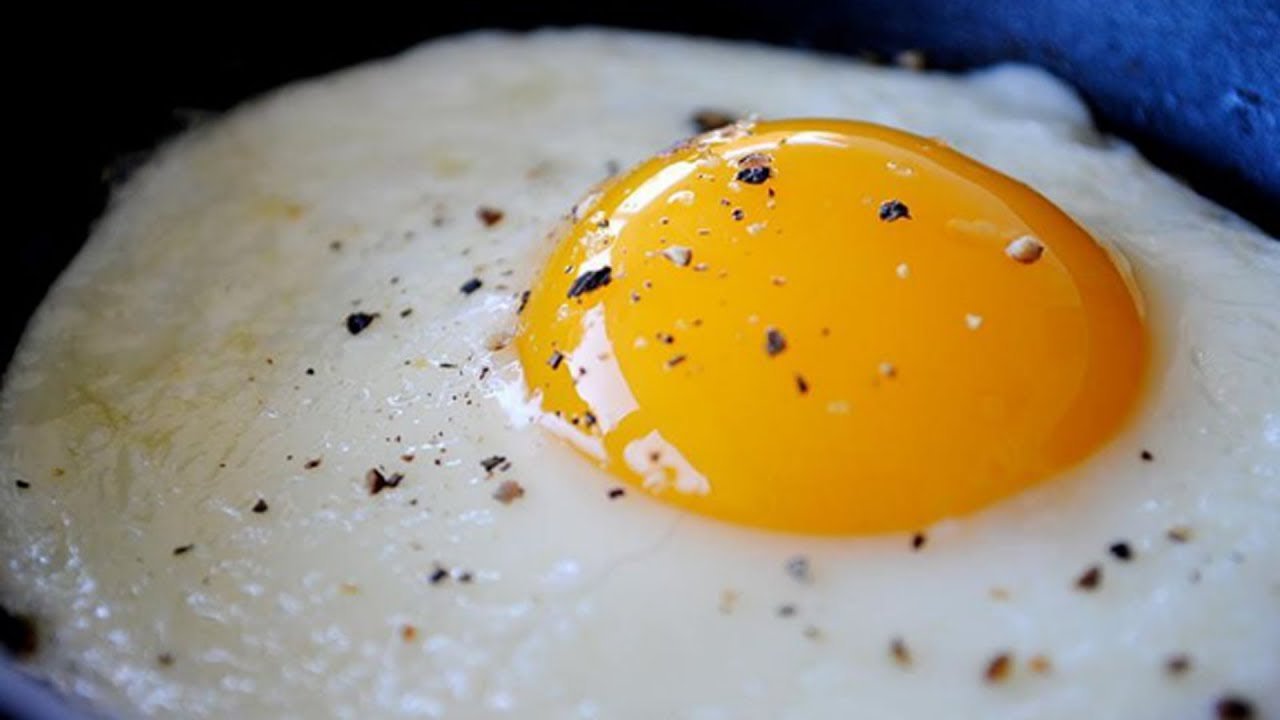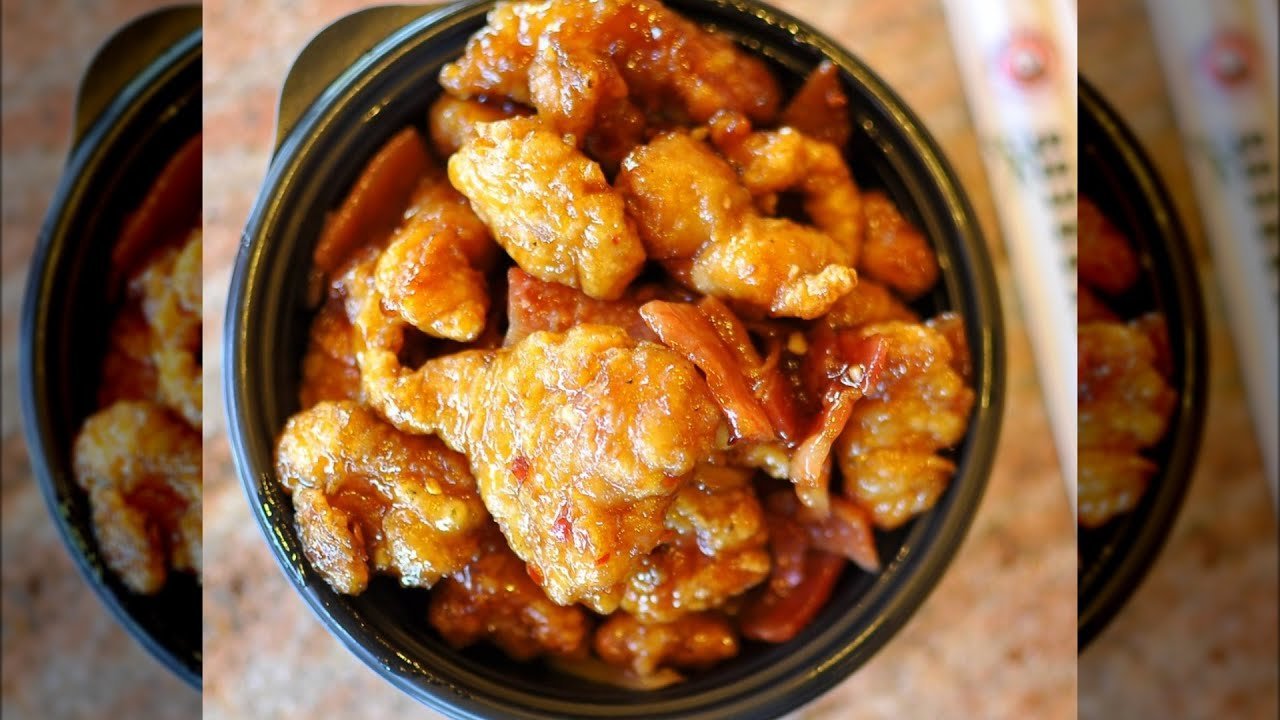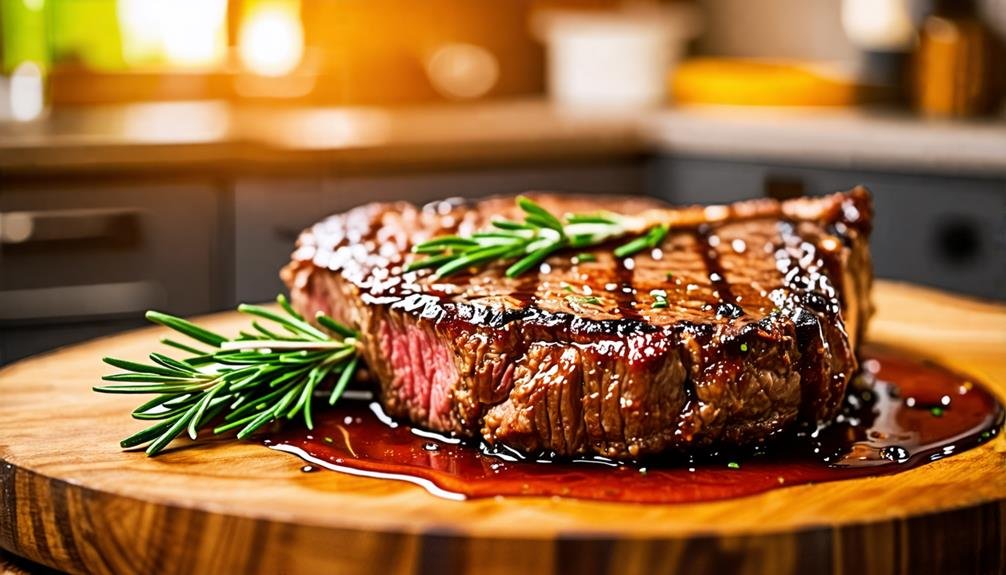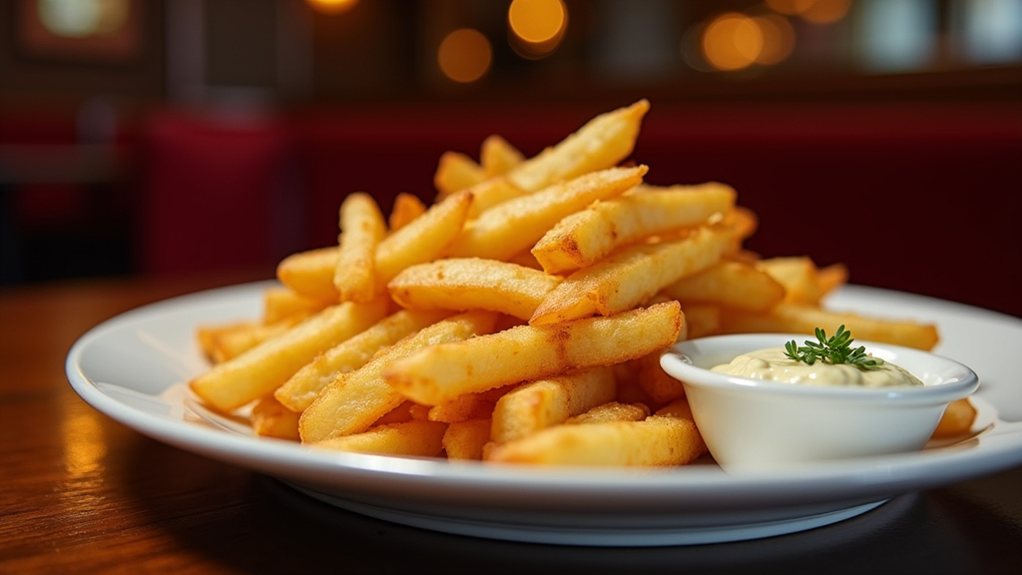Avoid These Common Mistakes When Cooking Eggs
For perfectly scrambled eggs, steer clear of cooking them in a cast iron skillet. These pans tend to heat unevenly and can leave some parts of your eggs overcooked while others remain undercooked. Opting for a non-stick skillet can help you achieve a creamy consistency throughout. Also, resist the urge to toss in your seasoning too early. Adding salt before cooking can cause the eggs to become rubbery, so it’s best to season them right before they’re ready to be served.
When poaching eggs, adding vinegar to the water isn’t always the magic trick it’s cracked up to be. While vinegar can help the egg whites to coagulate more quickly, too much can alter the flavor. Another common error is letting the water boil too vigorously. Gentle simmering is all you need for a poached egg with a soft, silky texture.
Boiling eggs seems straightforward, but inconsistent results often arise from starting them in boiling water instead of cold water. Placing eggs in boiling water can cause the shells to crack, leading to a mess. Begin with cold water and heat gradually to avoid this issue. And don’t underestimate the impact of proper cooling after boiling. An ice bath can make peeling a breeze, saving you from mangled eggs.









